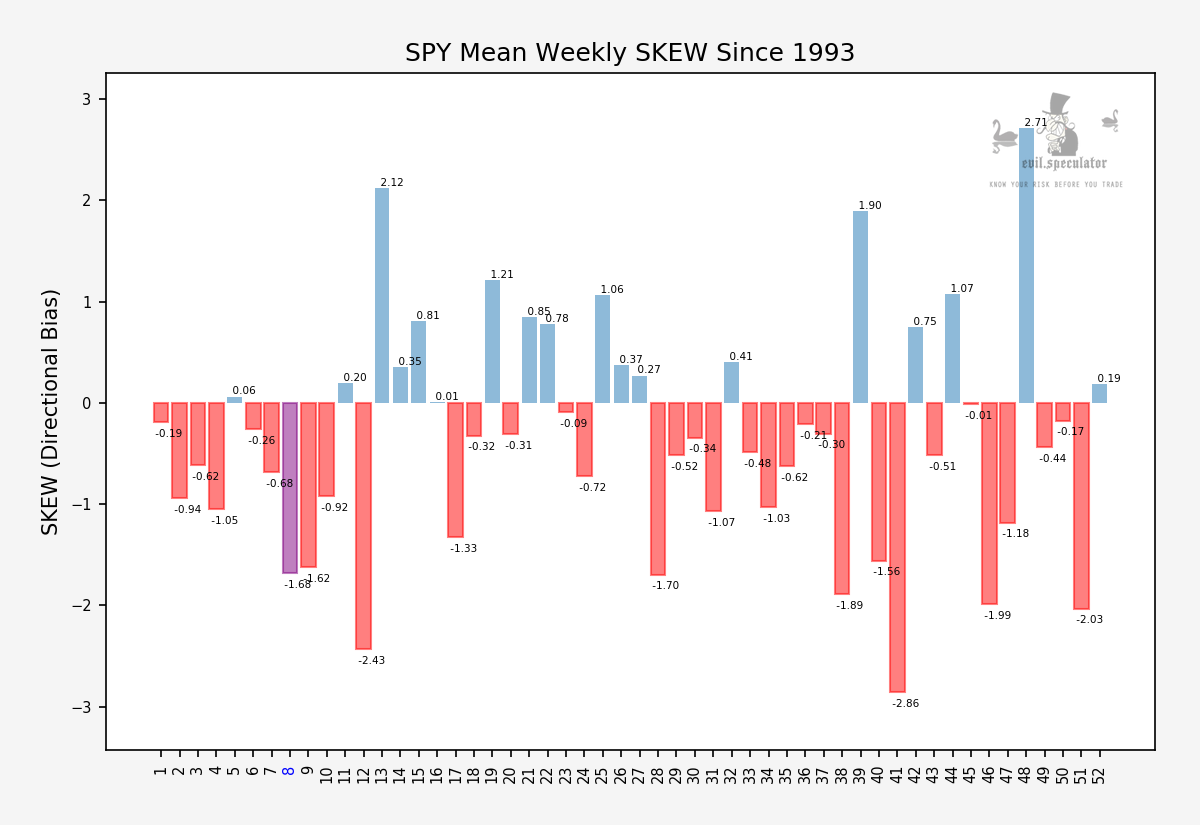Fresh Baked Mandelbrot
Fresh Baked Mandelbrot
Last week I suggested that the current trend may be nearing its roll over point – in particular if the current inflection point at ES 1524.5 could not be overcome. To that end I would like to share a more in-depth perspective as my long term charts remain ambivalent and do leave room for a continuation of the advance in equities:
First up let’s be absolutely crystal clear about the fact that as of right now the trend remains intact. As a matter of fact the weekly NLSL at ES 1491 was briefly breached but instantly reversed and then some. So far so good – but when putting this chart into context with the next one then it leads us to the beginning of today’s little tale:
And here it is – fresh baked Mandelbrot – can you smell it? Of course I’m talking about the rise in volatility on the IV side – more precisely the huge spike on the VIX. A 50% jump in one week in conjunction with a 3.2% drop on the SPX (i.e. 50 handles on the ES) is hardly justifiable and either is a representation that risk assessment is being miscalculated (see Taleb, Mandelbrot, et al. – must read article here which I found by pure accident) or that we have reached a level of complacency which now regards any type of downside correction as catastrophic and a potential trigger of a six sigma event.
So let’s pause here for a second as that alone should make us worry. Unless these types of events do not lead us to a more realistic re-evaluation of our current risk models then I see quite a bit of blood and tears looming behind the horizon.
Before we take my thought any further let’s go over some basics. A bit over one year ago Volar put together a pertinent post as a follow up to a previous article which I think has been completely under appreciated as it conveyed some inherent truths that many of us may end up forgetting in the routine of our daily trading pursuits. In a nutshell the take away points were as follows:
1) We know that the market has kurtosis. It tells traders to buy low and sell high, and that little moves are common. However reality is that markets move in jumps (i.e. rockets – please refer to my post on market weather – see the ‘evil‘ page for more favorites) with in between periods designed to draw in the gullible.
(2) Volatility on both SPX and VIX is lognormally distributed and VIX distribution exceeds that of the SPX. Which means implied volatility always trades at a premium to actual SPX volatility. Well, there you have it – think about that next time you buy options.
(3) All of this proves that William Eckhardt and Nassim Taleb’s beliefs. The market is more exponential than you will ever believe. So find a way to use this to your advantage [or at least know when it’s time to step aside – recall my post titled ‘caveat emptor’ – again check my ‘evil‘ page].
(4) You must understand this to survive as a trader. How can one have an opinion or expectation on the market if one does not understand how markets work?
(5) Nothing is ever simple, but it probably is seasonal.
Let me add to the above that seasonally the probability of a 50% spike in IV in February was very low. We know that the market is kurtotic but last week it suddenly went super lepto kurtotic on the turn of a dime. To quote Volar once more: For those betting on mean reversion, you may win often (in little bits/pieces), but you will be bankrupt if you dont know how to get out and STAY out.
But this is just the beginning – seasonality in kurtosis is one thing but we should also address how IV triggers shift over time. Volar finished his essay by summarizing that distributions can be seasonal as well as conditional. Let’s talk about the conditional part in more detail:

It's not too late - learn how to consistently trade without worrying about the news, the clickbait, the daily drama and misinformation. If you are interested in becoming a subscriber then don't waste time and sign up here. The Zero indicator service also offers access to all Gold posts, so you actually get double the bang for your buck.
Please login or subscribe here to see the remainder of this post.
Cheers,




















